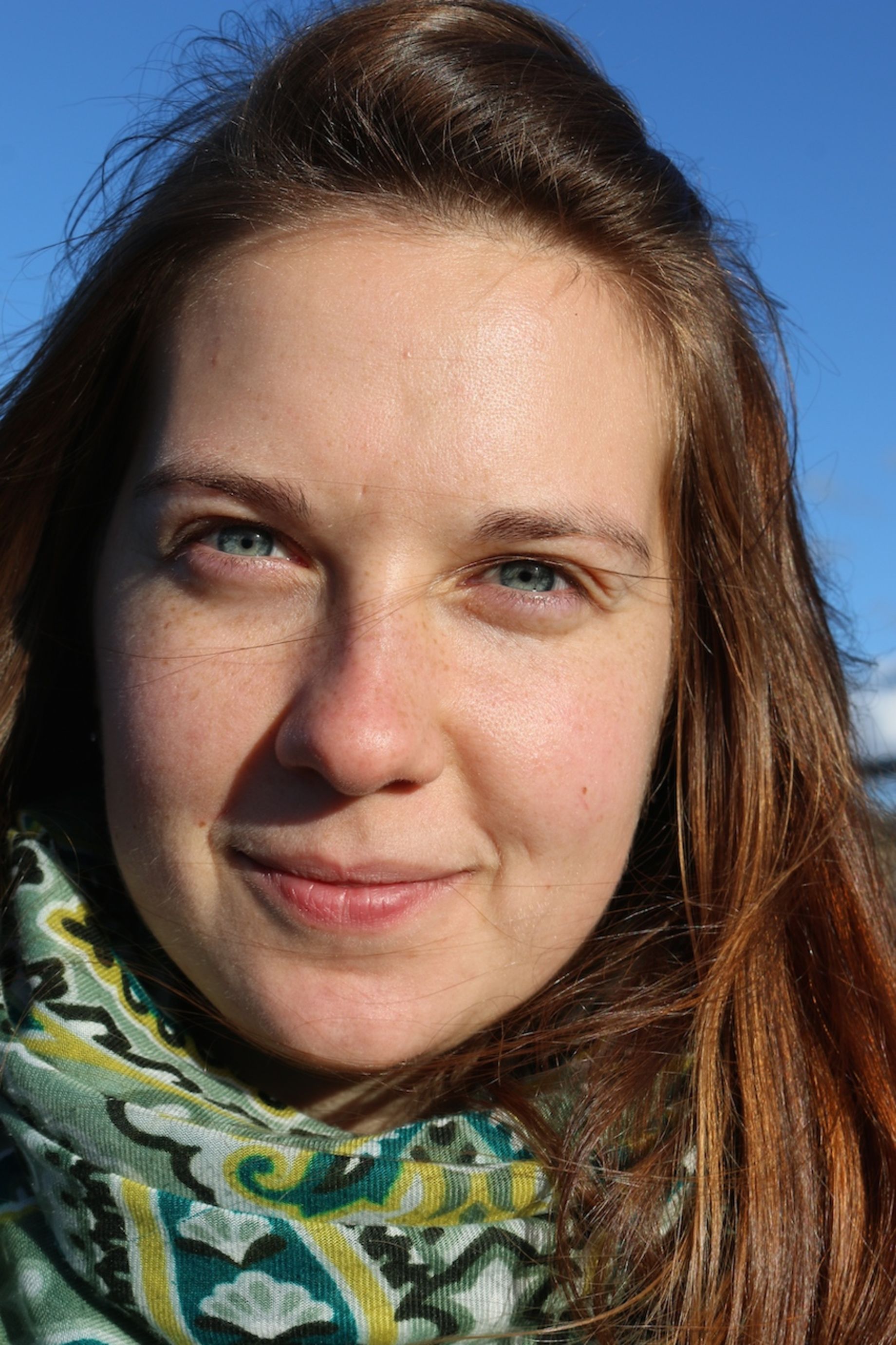2024-25
War-Displaced Ukrainians in Russia: Current Reception, Future Options
Since 2022, Ukrainians, displaced by the Russian invasion, ended up on the territory of the Russian Federation for a variety of reasons (family, health, finances, language, etc.). The UNHCR estimated the number to be 1.2mln (latest data as of June 2023). Some of the displaced transited through Russian territory to other countries, but the majority had to settle down at least temporarily. Most of them are from the occupied territories of East and South Ukraine – those most affected by the war.
Unlike the extensively documented situation in the EU, the war displacement of Ukrainians in Russia is a ‘blind spot’ for researchers due to methodological and ethical challenges. On the one hand, it is not safe for the displaced Ukrainians in Russia to give even anonymized online interviews as they might face persecution and criminal charges. On the other hand, the topic is highly sensitive politically in Russia and Ukraine, and it can be traumatizing for the displaced who experienced filtration procedures and/or deportation.
Nonetheless, it is important to gather existing evidence through unobtrusive methods, look for cooperation with other researchers – including on the ground in Russia – and keep this topic in focus. Therefore, the collection and analysis of governmental policy documents, reports from official bodies, UNHCR, international organizations and NGOs, investigative reporting, public testimonies of volunteers working with the displaced, media and social media materials produced by and for the displaced Ukrainians in Russia are essential.
The research goal has been threefold. First, to document how Russian official policy towards the displaced and deported Ukrainians was planned and designed considering the heterogeneity of the displaced and regional variations within Russia. Second, to analyze why the Russian government swiftly decided to channel all the displaced – including minors – into a pathway to citizenship and actively discouraged other regularisation options for the displaced. Considering the ongoing Russia-Ukraine war, streamlining the acquisition of Russian citizenship by ‘enemy’ Ukrainian nationals should be carefully examined and explained. Third, based on available evidence, the future options for displaced Ukrainians in Russia should be considered from a medium- and long-term perspective. Given the increasing geographic and symbolic distance, and limited contact between the Ukrainian state and its citizens in Russia, what kind of return and reintegration paths are available for them?
2022-23
Between Hostages and New Citizens: What is the Role of Displaced Ukrainian Citizens in Russia?
This research project will focus on answering two key questions: Is forced migration a warfare tool in the Russo-Ukrainian War? And what are the implications for displaced Ukrainian citizens in Russia? According to Ukrainian President Volodymyr Zelenskyy, as of mid-July 2022, two million Ukrainian citizens, including approximately 250 thousand children, have been forcefully displaced to the Russian Federation since the reinvigoration of the Russo-Ukrainian War in February 2022. The United Nations High Commissioner for Refugees (UNHCR) provides similar data and reports on 1.9 million border crossings from Ukraine into Russia, which makes Russia – the aggressor country towards Ukraine – the host country for the largest number of Ukrainian refugees. Migration as part of military activities and as an element of political pressure – which Kelly Greenhill calls “weapons of mass migration” – is not a new phenomenon. Yet so far there is little information about the short and long-term goals of a large-scale displacement of Ukrainian citizens from the newly occupied Ukrainian territories to Russia. In short, are Ukrainians displaced to Russia its ‘hostages’, temporary ‘refugees’, or welcomed ‘new citizens’, or are they all of the above or none? To answer these questions, this project aims to (a) analyze contemporary perceptions and narratives about migration as a part of the warfare among Ukrainian and Russian policymakers, and (b) to understand the implications that such perceptions and narratives have on policy towards the displaced.


